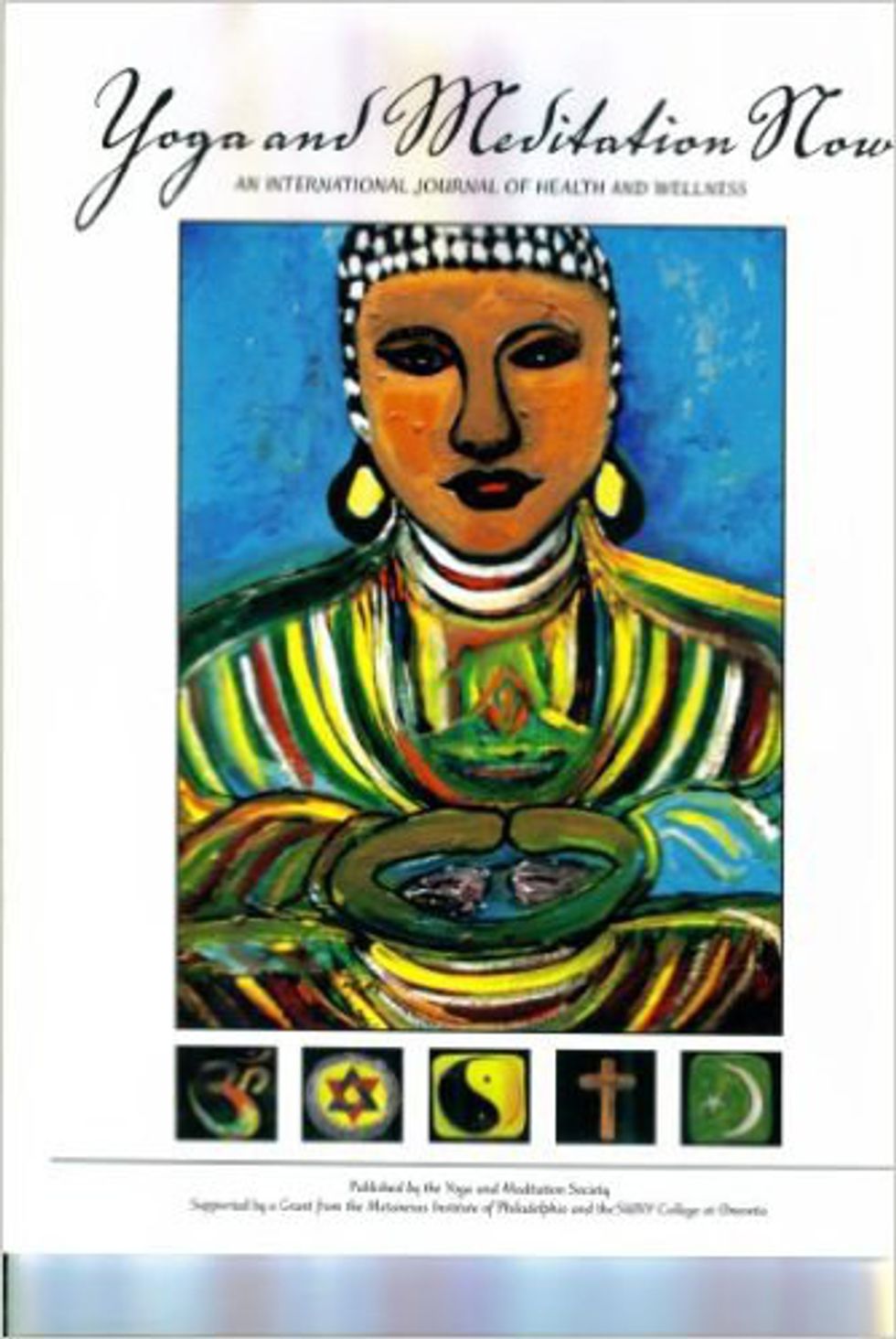“Human beings come in different colors and forms, the same brush has painted them.” These words by Ashok Malhotra resonated dramatically with me. At the beginning of my Philosophy of Yoga class. Everyone, in the end, is the same, we are all humans living in the same place. The challenge in seeing all humans in this light, with everyone having their own struggles in life, is what leads us to become compassionate and practicing forgiveness.
This quote and many other wise words, by my Professor Ashok Malhotra, were a part of the lectures in my Philosophy of Yoga course that I decided to take during my fall semester. In what I had previously experienced, I felt that the purpose of yoga was to relax, stay focused, stretch, stay physically fit, and mentally escape for a brief period. Throughout the course, I realized that I was practicing “Hollywood Yoga”, a common practice amongst those that take the typically once a week class. I have quickly educated that the physical benefit was only a small aspect of the whole subject of yoga. What I had actually gained from studying Philosophy was much more than just a deeper relaxation and stretch. Now when the word “Yoga” comes to mind, I don’t just think of warrior position, but the beauty of a new mental unity between all bodily experiences and the world surrounding it.
Leading a life of compassion and forgiveness is no easy task, and for me, this led to quite a bit of frustration. Before this course, I always felt that I had a strong love for others, but a lot of anger I had in my life was driven by my frustration with other people. Taking these words into my life, I started to try to remember that like me, they are also trying to navigate through this very stressful college experience. Throughout the readings and the lectures, I began to see that no one person’s life challenges are not comparably worse or better than any others. We are all not to be compared and our level of anxiety and emotions should not be a competition. With this realization, I felt stronger connected to others and even myself. I started to not get angry with myself or others just because someone else seemed to have a better handle on things. In the end, we are all equal, and that is something that should be constantly reminded.
Anxiety was sort of a new feeling for me with this recent year. As I am beginning to near an end to my college career, the workload immensely increases. Thinking about life after and how I can properly set myself up for the future is extremely nerve-racking. As I went through this course I was able to meditate on certain life subjects that were giving me anxiety.
Ashok Malhotra told us that there are many things that we need to do in our everyday life, none are more important than the other, but you need to work on one at a time. This way you can put all your effort in each one instead of a bit at once. This to me was very relatable, because it doesn’t deny the meaning all the other things you have to do in life. I also felt better about my work because I knew what I had accomplished was the most important thing at that time.
During one of the lectures, an interesting subject came up having to do with competition. Often through life and especially within education we run into certain competitions, such as a spot in a club or winning an award. When I am in a competition and I do not win, I feel very sad and could even beat myself up about it. After the lecture, my views were adjusted to see a different side. Competition should be about doing your absolute personal best.
The results should not be a reflection on how you rate yourself if you did the best you could. Also, you should not feel bad about not winning, you should feel good about the work you had done regardless of how it plays out. I have tried very hard to keep this mindset, and while doing so I have noticed a new confidence. I feel better and have more of a will and drive that hadn’t existed before.
As human beings, happiness is our true goal; we want to live life with joy in our hearts. There are many other horrible distractions that internally we carry in ourselves as well as the external hate or discouragement that affects us from achieving this. Through Yoga, we can become self-aware of these thoughts, restraints, and afflictions. Once we are self-aware we can continue the practice to deal with such afflictions so we can get on the path of happiness, joy, and self-love.
I had never imagined the practice of yoga’s complexity; it could not be taught or even understood in an hour long class. It is also very distant from only practicing the positions. To get the full beneficial tranquility, you have to study philosophy and its application to the world. At the beginning of the course, a major point was stated, that everyone can find use and beauty in the practice of Yoga. This is quite extraordinary, no matter your age, gender, or career you can benefit from the practice. It shows that we are all the same, human beings and because of this we should have compassion for each other. Yoga’s spiritual outlook makes Yoga more than just a bunch of stretches and breathing techniques, instead, it is a way of life.












































